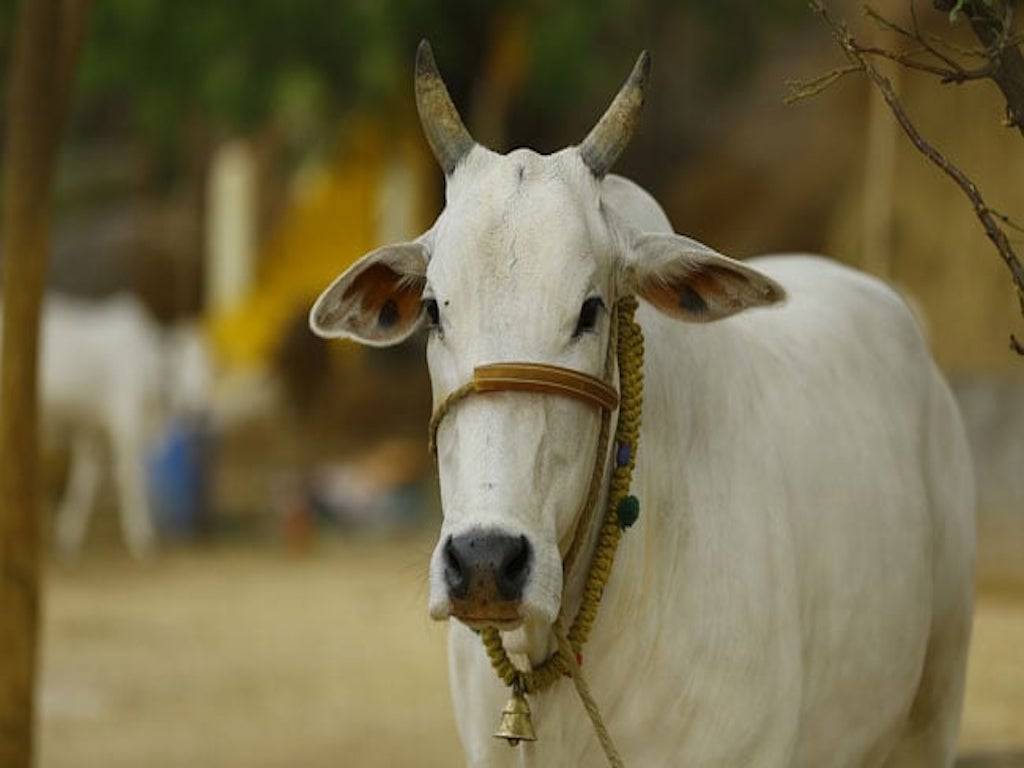
Assam Chief Minister, Himanta Biswa Sarma on Monday, (12 July) presented Assam Cattle Preservation Bill 2021, which aims to protect cattle by controlling their slaughter, consumption, and illicit trafficking.
The bill prohibits the sale and purchase of beef or beef products in places "predominantly inhabited by Hindu, Jain, Sikh, and other non-beef-eating populations" or "within a 5-kilometer radius" of any temple or sattra (Vaishnavite monasteries).
What is Assam Cattle Preservation Bill 2021
The Assam Cattle Preservation Bill, 2021, attempts to limit the "slaughter, eating, and illicit trafficking" of cattle, and this is a unique feature of the bill. The Assam Cattle Preservation Act, 1950, will be repealed if the bill passes. Sarma had previously stated that the act lacked sufficient legal measures to “regulate slaughter, consumption, and transit of cattle.”
Many states with anti-slaughter laws do not prohibit the sale or purchase of beef and beef products in specified areas, as Assam wants.
Debabrata Saikia, the Leader of the Opposition in Congress, said the Bill has a number of problematic issues and that they are having it analyzed by legal experts. “Take, for example, the 5 kilometre rule. A stone can be placed anywhere, and a ‘temple' can be ‘built' by anyone, making it exceedingly ambiguous. This might cause a lot of communal strife,” he said.
The opposition has stated that modifications will be sought. “This is neither a cow-protection or cow-respecting bill. This has been brought up in order to hurt Muslims' feelings and further polarize communities. We oppose it and will try to introduce amendment resolutions,” said Aminul Islam, a politician from the All India United Democratic Front (AIUDF).
Assam's new proposal also makes no distinction between different sorts of cattle, applying to "bulls, bullocks, cows, heifers, calves, male and female buffaloes, and buffalo calves." Both Rajasthan and Madhya Pradesh include only cow progeny under their anti-slaughter laws, but not buffaloes.
The Assam Bill makes it illegal to transfer cattle between states or through Assam without valid documentation. Sarma had previously stated that the planned legislation would prohibit livestock migration to Bangladesh, which shares a 263-kilometer border with Assam. He said that the 1950 Act lacked adequate legal measures to “regulate cow slaughter, consumption, and transportation,” and that new legislation was needed.
Cattle slaughter is permitted in Assam only for cattle "beyond 14 years of age" or those "unfit for work," as defined by the 1950 Act, with a "fit-for-slaughter certificate" granted by a local veterinary officer following an examination. The new rule requires the same approval certificate for all livestock, but it also states that a cow, regardless of age, cannot be slaughtered.
It states that "no certificate shall be issued unless the Veterinary Officer is of the opinion that the cattle, not being a cow, is over fourteen years of age; or the cattle, not being a cow, heifer, or calf, has become permanently incapacitated from work or breeding due to accidental injury or deformity."
Section 7 of the Bill, titled "Prohibition on transport of cattle," specifies that cattle's cannot be transported from Assam to states where cattle slaughter is not regulated by law, or from one state to another "via" Assam without a valid authorization. Cattle cannot be transported within the state (inter-district) without proper documentation.
Within a district, however, there is no need for permission to move cattle for grazing or other agricultural or animal husbandry activities, as well as to and from registered animal markets.
The new law also empowers police officers (not below the rank of sub-inspector) and any other government-authorized person to “enter and inspect any premises” within their authority if they have “reason to believe that an offence under the Act has been or is about to be committed.” Only the government-appointed Veterinary Officer and Certifying Officer had this authority under the 1950 Act.
Anyone convicted faces a minimum sentence of 3 years in prison (extendable to 8 years) and a penalty of Rs 3 lakh (up to Rs 5 lakh), or even both. The penalties will be doubled for repeat offenders.
However, the new regulation allows for some exceptions, such as “religious occasions” when “slaughter of cattle, not being a cow, heifer, or calf” is permitted. The government may also set up gaushalas (shelters) to house reclaimed cattle.
On 12 July, the opening day of the Assembly's Budget session, all opposition parties staged a walkout when the Speaker refused to allow a debate on the problem of rising fuel and other basic commodity prices.
















